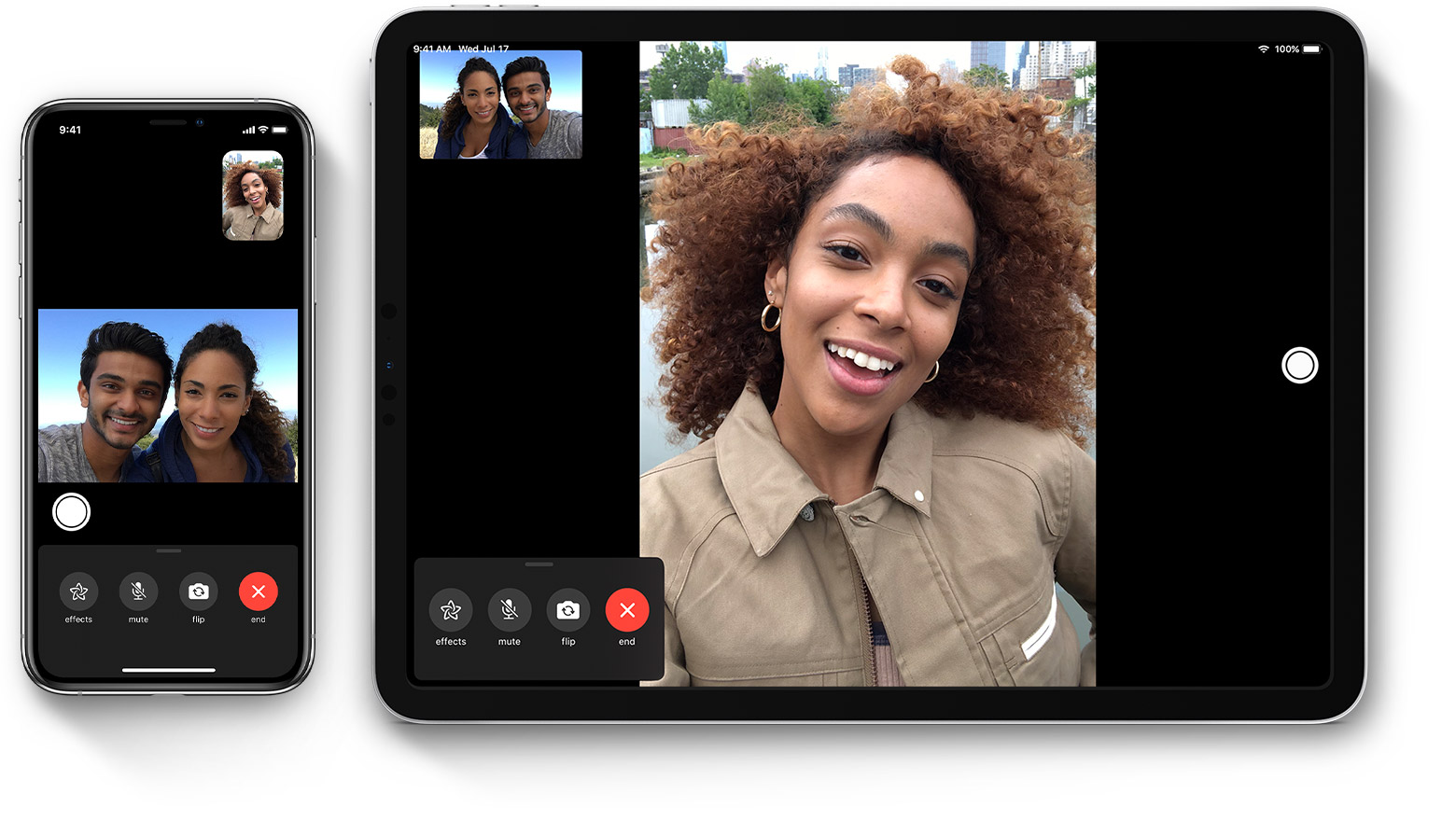
Apple's iOS 13.6 update, released today, appears to enable FaceTime in the United Arab Emirates, a country where the FaceTime app was previously unavailable for use.

According to MacMagazine and multiple Twitter users, the FaceTime feature is accessible after installing the iOS 13.6 update. Apple did not mention the update in the iOS 13.6 release notes, and support documents haven't been updated as of yet.
Local regulatory rules have blocked FaceTime in the UAE, but rumors over the course of the last few years have suggested that Apple was working with government officials to lift the ban on FaceTime.
All phones sold in the United Arab Emirates have FaceTime disabled by default, but installing iOS 13.6 should unlock the feature. There have also been multiple reports that FaceTime is available in the UAE on devices running iOS 14 as well.
FaceTime also used to be banned in Saudi Arabia but it became available in the iOS 11.3 update.
Update: MacMagazine, the site that originally reported the changes, now says that for FaceTime to work in the UAE, the iPhone needs to be set to another region. This indicates that FaceTime is not yet officially available in the United Arab Emirates.
Article Link: iOS 13.6 Enables FaceTime in the United Arab Emirates [Update: With Region Change]
Last edited:


